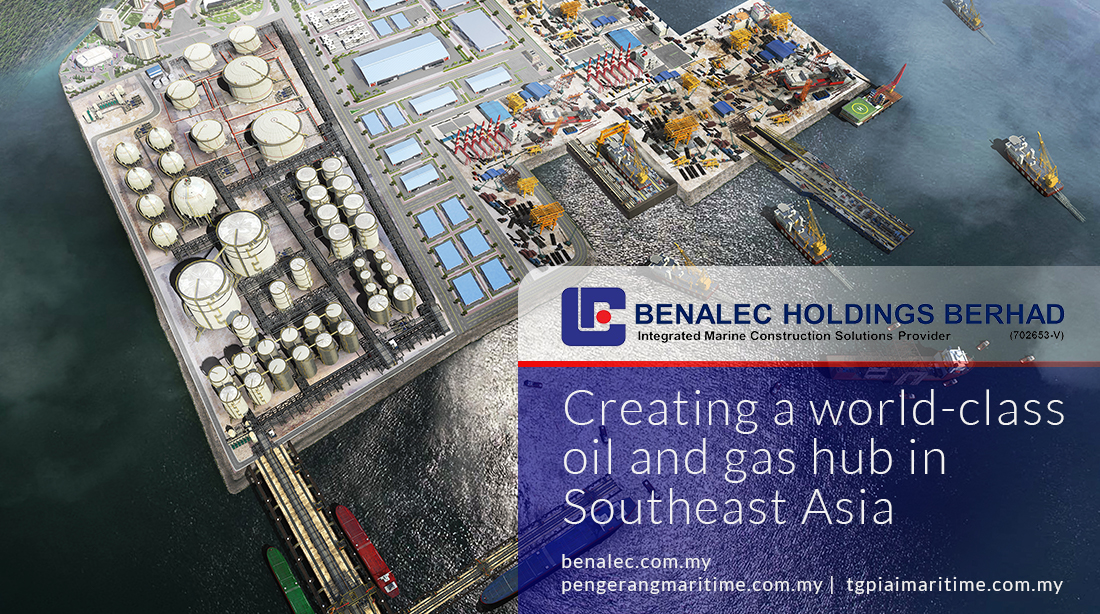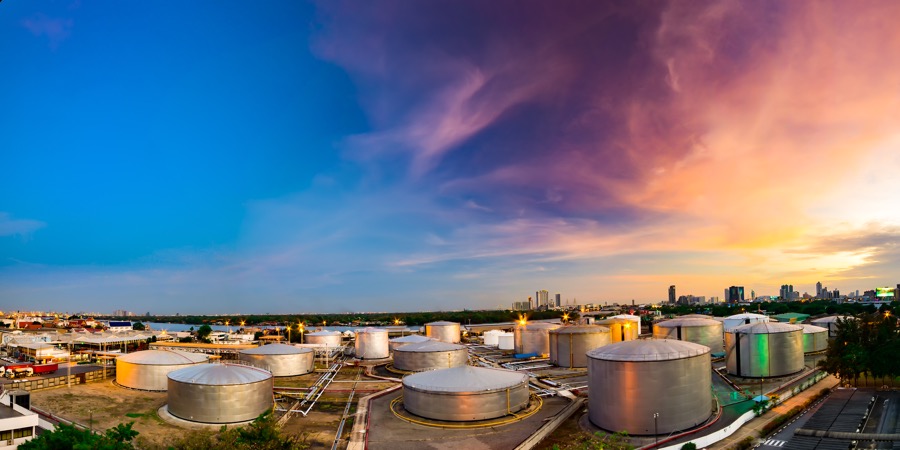IMO’s low sulphur shift, which took effect on January 1, 2020, is already putting refineries under strain – and this is only set to continue, Gastech said in a statement.
The implementation of IMO 2020 is set to result in a dramatic reduction (from 3.5 per cent to 0.5 per cent) in the maximum sulphur content of marine fuel. But while this puts many under pressure, for others, it represents an opportunity to make what Gastech described as “handsome margins”.
As the regulation is already in place, it said refineries must take action now to both mitigate the challenges associated with IMO 2020 and to take advantage of the opportunities it has the potential to offer.
Technology will be the key to improving refineries’ position in the coming months, as the new regulation creates economic and pricing disparities.
There is speculation that some have underestimated the scale of the impact of IMO 2020 on refineries, perhaps misled by the fact the forward price curves of high sulphur fuel oil (HSFO), low sulphur fuel oil (LSFO) and marine gas oil (MGO) do not currently reflect the scale of the change.
But refineries will be significantly impacted – there is widespread concern that there may be insufficient supply to meet the demand for LSFO. Although this could lead to temporary product pricing opportunities.
For some refineries (such as those with low complexity, limited bottom of the barrel conversion and hydrotreating capacity) – IMO 2020 will mean tough operational and commercial challenges. But a focus on operational efficiency improvements will benefit these refineries and make sure they are holding their end up in the lower quartiles.
It’s likely that technology and digital advances will be able to provide competitive advantages, especially as these can be actioned and implemented much quicker than capital investments.
Larger companies and those with more manpower at their disposal will struggle less with the IMO 2020 challenge and be better positioned to take advantage of it.
“Indeed, many of the larger refineries in the US already have coker units in place that take the residual crude streams and effectively obliterate them, forming in their place lighter streams of gasoline, diesel and coke”, said Gastech.
Looking ahead, refiners should maximise plant availability, regardless of whether they are well placed to drive up margins or will struggle with IMO 2020. Again, technology can help here – predictive analytics will reduce downtime and ensure refiners receive early, accurate warnings of degradation or impending asset failure.
For more information visit www.gastechevent.com















